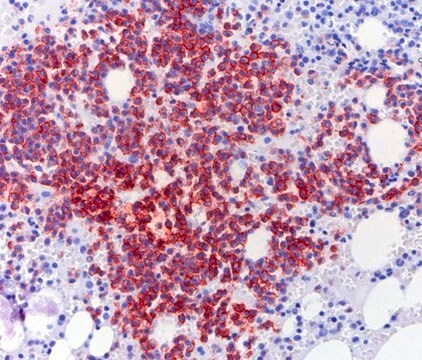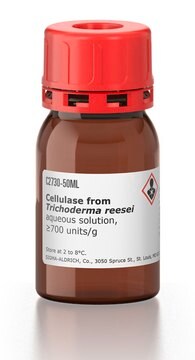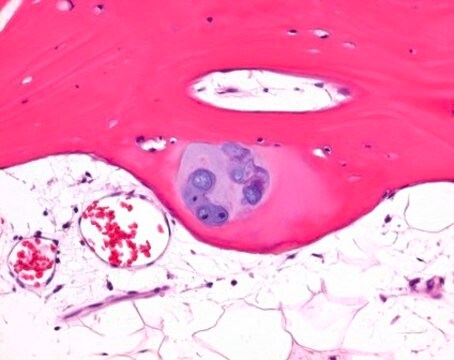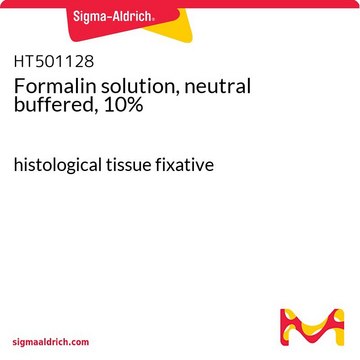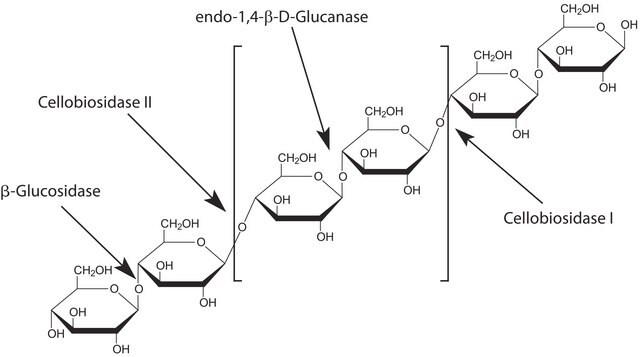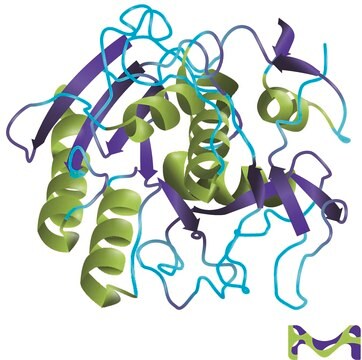Wszystkie zdjęcia(1)
Key Documents
D0818
Decalcifying Solution-Lite
aqueous solution, bp 208 °F
Synonim(y):
universal decalcifying agent
Zaloguj sięWyświetlanie cen organizacyjnych i kontraktowych
About This Item
Kod UNSPSC:
12171500
NACRES:
NA.47
Polecane produkty
Postać
aqueous solution
Poziom jakości
okres trwałości
5 yr
kolor
light yellow
tw
208 °F
rozpuszczalność
water: soluble
Zastosowanie
hematology
histology
temp. przechowywania
room temp
Opis ogólny
Decalcifying Solution-Lite is designed to be a universal and effective decalcifying agent.
Zastosowanie
Decalcifying Solution-Lite is intended to be used for the decalcification of routine, immunohistochemical, and bone marrow core specimens.
It works equally well with all types of samples, including calvarial bone samples in an easy-to-handle time frame.
It works equally well with all types of samples, including calvarial bone samples in an easy-to-handle time frame.
This page may contain text that has been machine translated.
Hasło ostrzegawcze
Warning
Zwroty wskazujące rodzaj zagrożenia
Zwroty wskazujące środki ostrożności
Klasyfikacja zagrożeń
Met. Corr. 1
Kod klasy składowania
8B - Non-combustible corrosive hazardous materials
Klasa zagrożenia wodnego (WGK)
WGK 3
Temperatura zapłonu (°F)
Not applicable
Temperatura zapłonu (°C)
Not applicable
Certyfikaty analizy (CoA)
Poszukaj Certyfikaty analizy (CoA), wpisując numer partii/serii produktów. Numery serii i partii można znaleźć na etykiecie produktu po słowach „seria” lub „partia”.
Masz już ten produkt?
Dokumenty związane z niedawno zakupionymi produktami zostały zamieszczone w Bibliotece dokumentów.
Klienci oglądali również te produkty
L F Machado-Silveiro et al.
International endodontic journal, 37(6), 365-369 (2004-06-10)
To measure the demineralization capability of 1 and 10% citric acid, 10% sodium citrate and 17% EDTA during immersions of 5, 10 and 15 min on root canal dentine. Crowns were sectioned from eight maxillary canines. The cementum was removed
Roger W Byard et al.
Journal of forensic sciences, 55(5), 1356-1358 (2010-05-22)
To determine whether routine decalcification may reduce the amount of stainable iron that is visible on tissue sections, samples of liver and lung tissue with excessive iron stores were placed in three standard decalcifying solutions (i) formic acid [33%], formaldehyde
P J Emans et al.
Biotechnic & histochemistry : official publication of the Biological Stain Commission, 80(3-4), 111-115 (2005-11-22)
Apoptosis is characterized by DNA strand breaks with a 3'-OH terminus, which are analyzed by terminal deoxy(d)-UTP nick end labeling (TUNEL). Proteinase K digestion is thought to be an essential step in the TUNEL procedure. The effects of decalcifying reagents
Farhana Begum et al.
Journal of neuroscience methods, 187(1), 59-66 (2010-01-02)
Histological analysis of bone encased tissue is severely hampered by technical difficulties associated with sectioning calcified tissue. Cryosectioning of bone is possible but requires significant technical adaptation and expensive materials and is often time-consuming. Some decalcifying reagents in common use
A Merchán-Pérez et al.
Histochemistry and cell biology, 112(2), 125-130 (1999-08-25)
An ascorbic acid decalcifying solution was applied to immuno- and affinohistochemical studies on the inner ear. Rat inner ears fixed in 4% paraformaldehyde in PBS or in 2% acetic acid in ethanol solutions were adequately decalcified in an ascorbic acid
Nasz zespół naukowców ma doświadczenie we wszystkich obszarach badań, w tym w naukach przyrodniczych, materiałoznawstwie, syntezie chemicznej, chromatografii, analityce i wielu innych dziedzinach.
Skontaktuj się z zespołem ds. pomocy technicznej